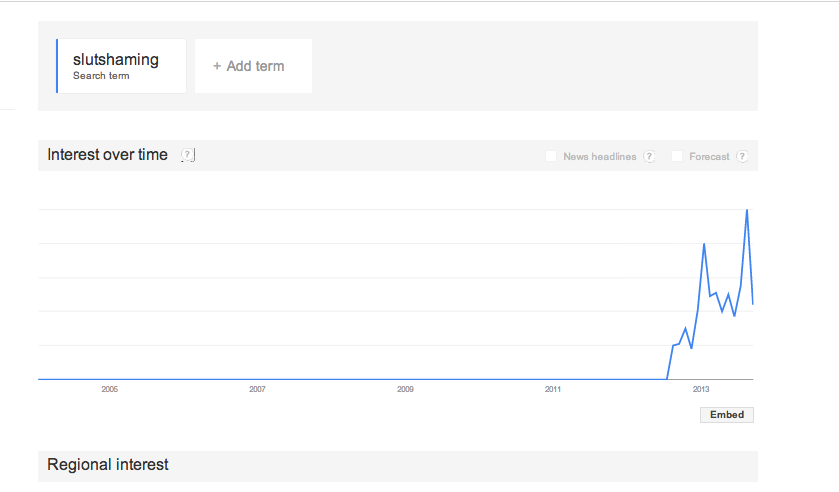Posted at 07:03h
in
Technology
by Anne Boysen

In my post
Online privacy and the cyberbaby-generation I addressed what I think is a distorted narrative when online sharing habits and privacy concerns are discussed. Despite the fastest adoption of social media happening among the older cohorts, a slew of studies and articles seem to limit their focus to young people's internet habits. When grown ups
distribute content, often intimate details of (unconsenting?) minors over a vast social media landscape, they are affecting another person's online reputation. Even if most parents share less incriminating content about their kids than kids share about themselves, there is something profoundly different about falling victim to other people's stupidity than to your own when regretful content is made public. If we overlook the
"oversharenting" trend among our own parenting generation, we don't only fail to notice the
asymmetry between the generations (children don't share content about parents as much as vice-versa, often because they are too young to join in the game), but we implicitly assume young people are less adept at protecting their online reputation.




